Publications
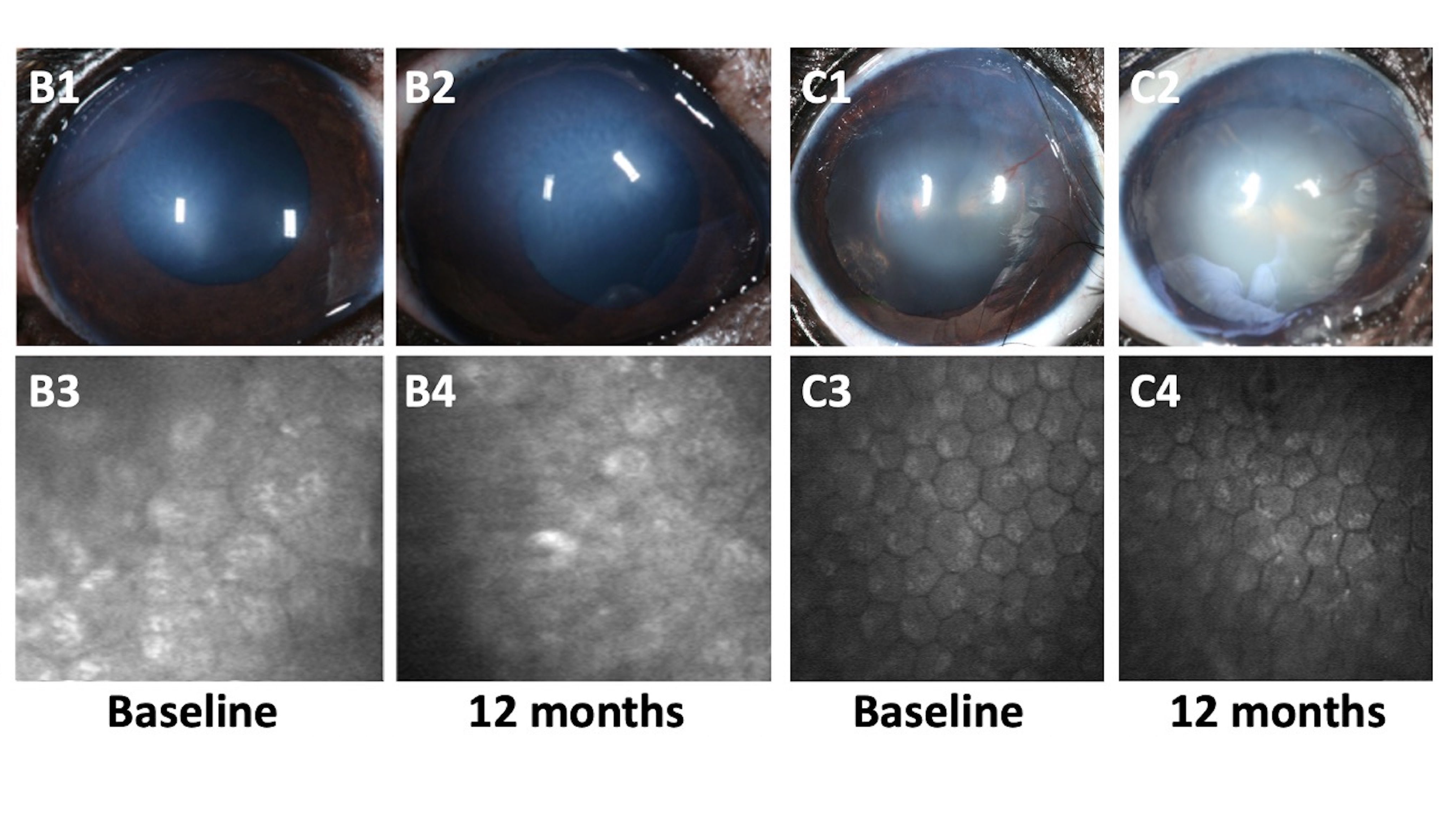
A new treatment for canine corneal endothelial disease
Topical ripasudil offered a therapeutic benefit in a subset of patients using a canine model of endothelial degeneration, which may guide future trials in humans.
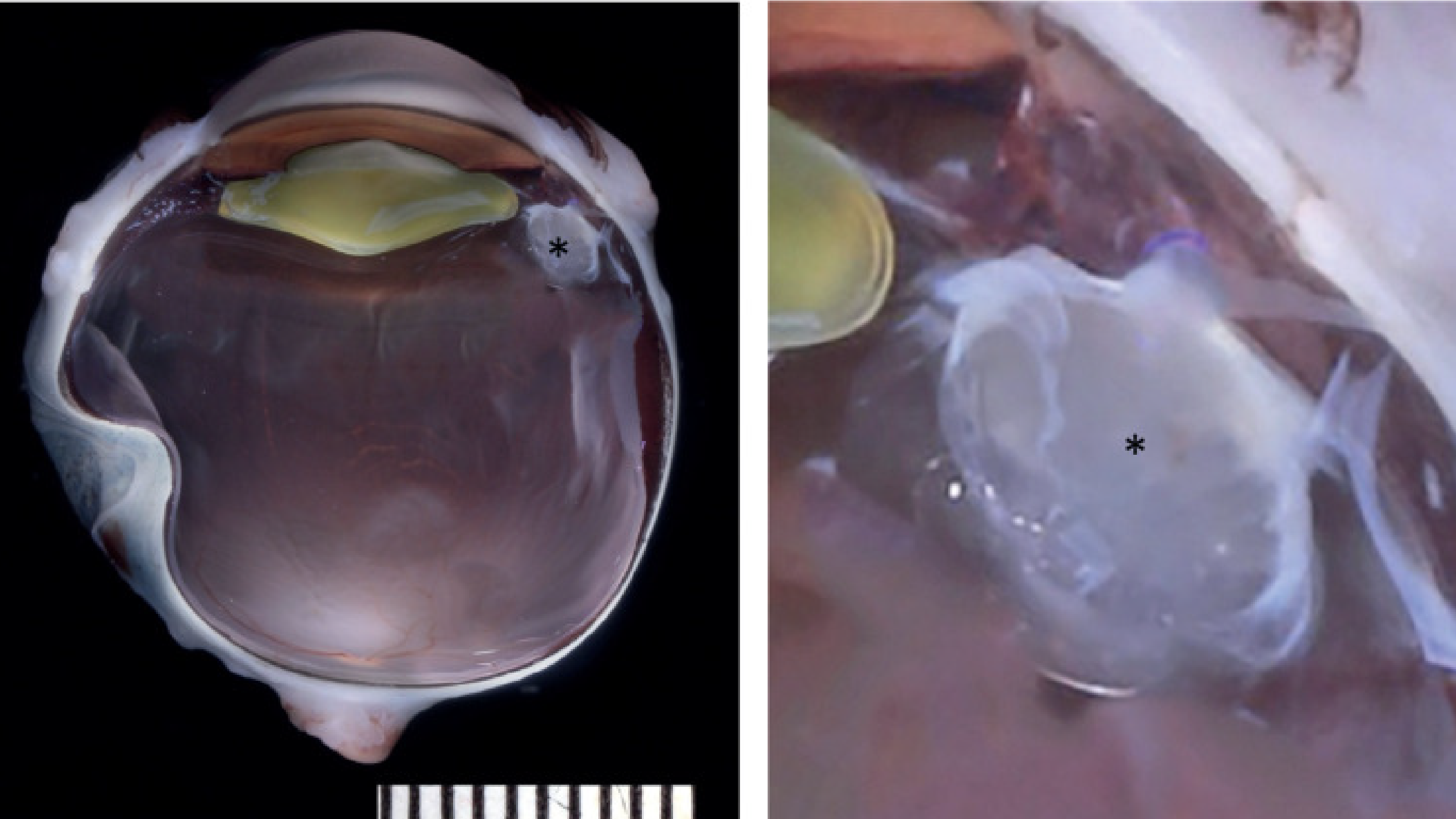
A novel drug delivery system
Aflibercept-DDS may be a more effective method to deliver bioactive antivascular endothelial growth factor agents than current practice by reducing the frequency of intravitreal injections and providing controlled drug release.
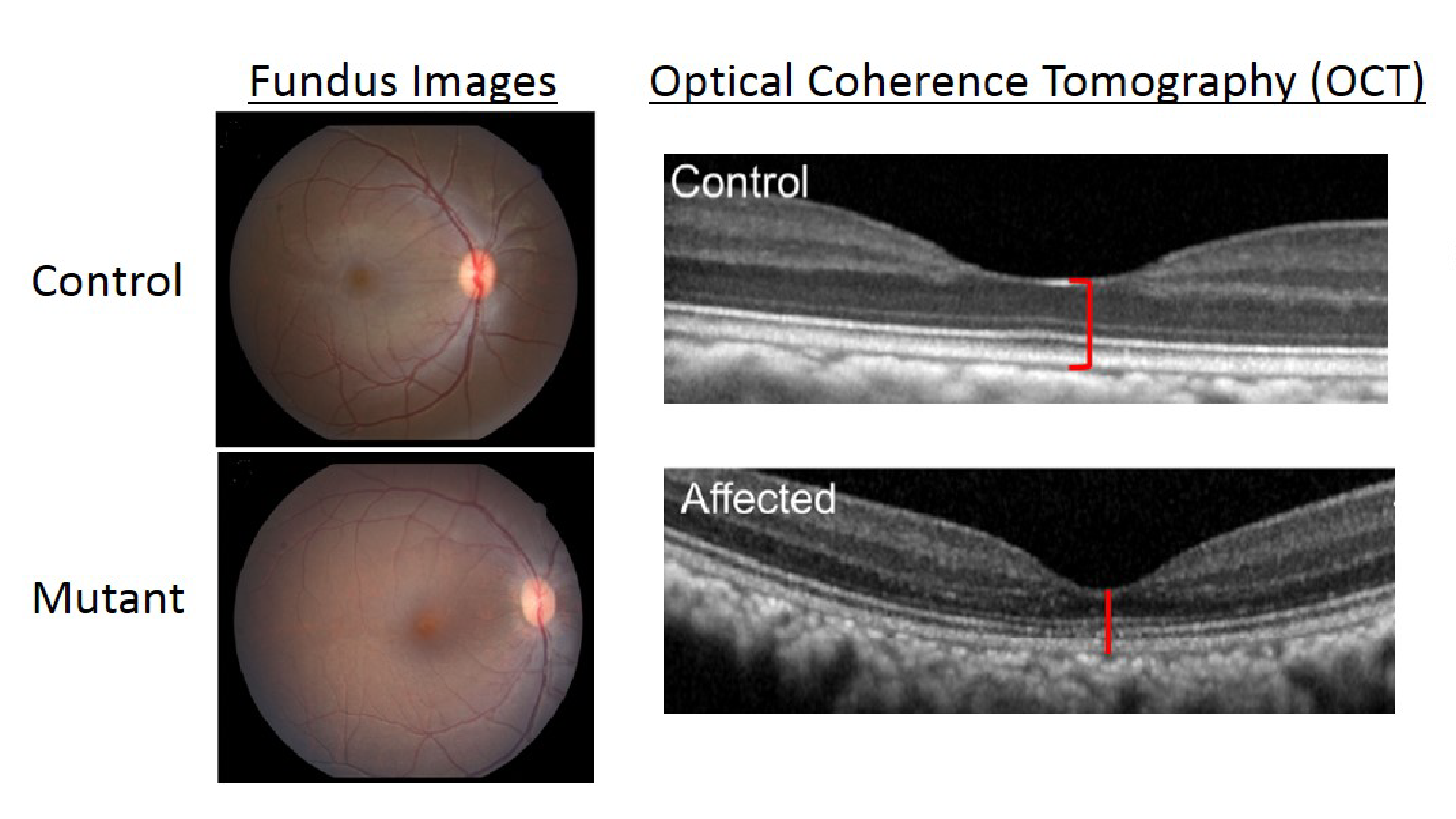
A monkey model of achromatopsia
This NHP model of a cone disorder will not only serve as a therapeutic testing ground for achromatopsia gene replacement, but also for optimization of gene editing in the macula and of cone cell replacement in general.
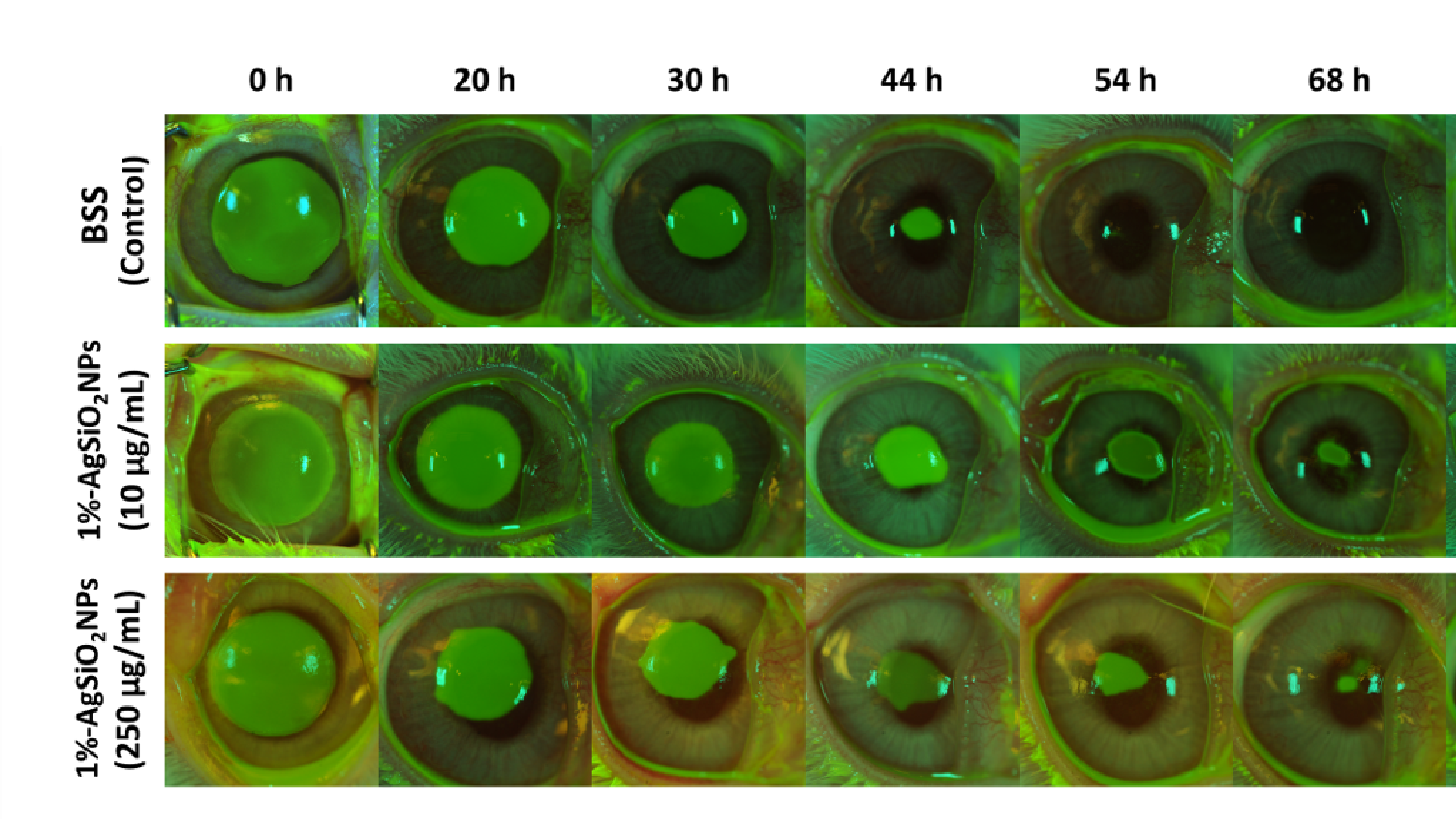
Silver nanoparticles as a new treatment for corneal fibrosis
The 1%-AgSiO2NPs are safe and have potential therapeutic applications through its efficacy of the corneal penetration and reduced scar formation during corneal wound healing.
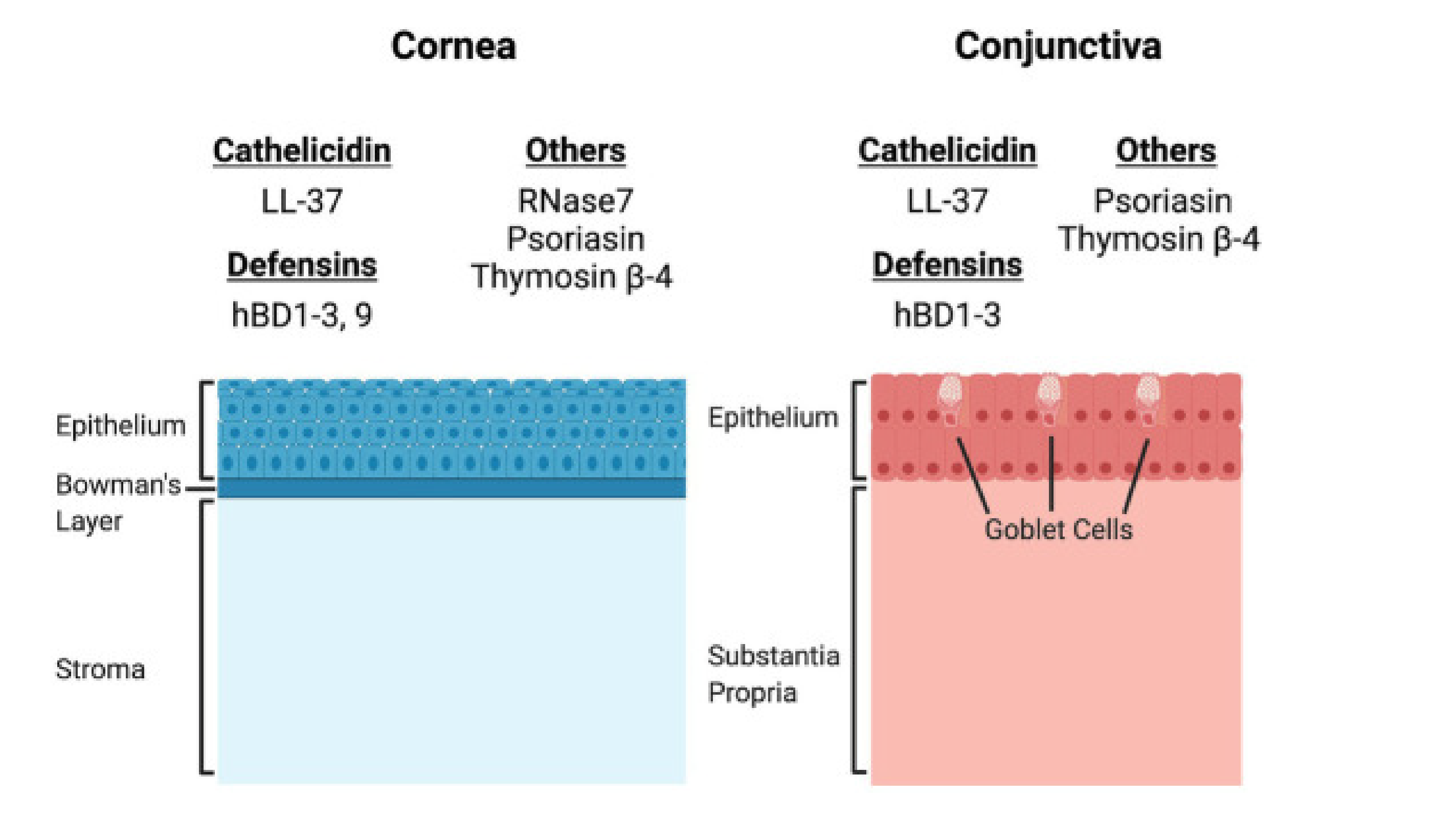
A review of antimicrobial peptides at the ocular surface
This article reviews the repertoire of AMPs expressed at the ocular surface, how expression of these AMPs can be modulated, and the potential for harnessing the AMPs as potential therapeutics for patients with microbial keratitis.
Read More
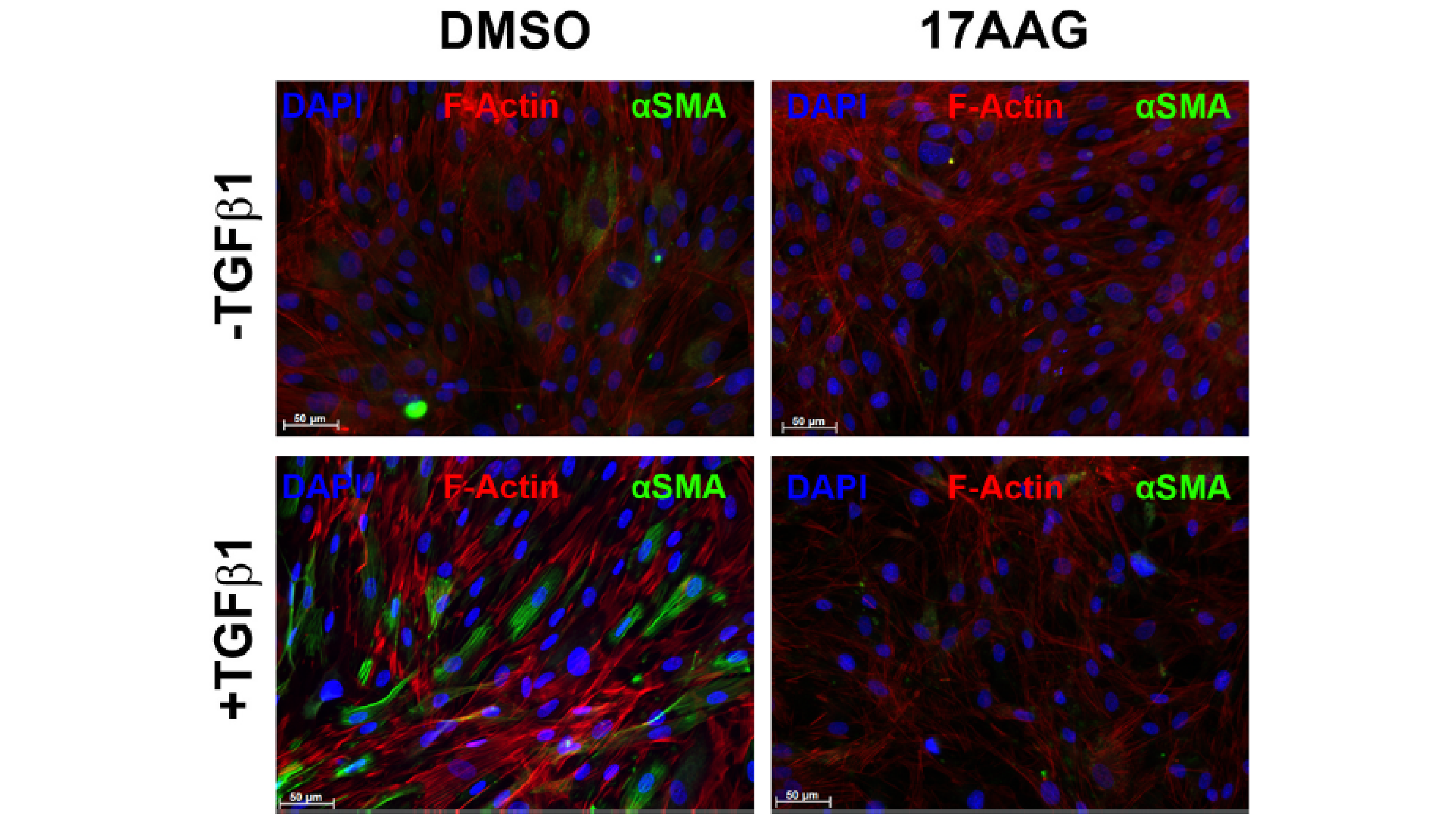
The impact Hsp90 inhibition on KFM transformation
Hsp90 inhibition promoted reversion of the myofibroblast to keratocyte phenotype, although this only occurred on rigid substrates. By contrast, in vivo Hsp90 inhibition was detrimental to corneal wound healing likely due to impairment in corneal epithelial closure and barrier function restoration. Collectively, our data demonstrated a strong interplay in vitro between biophysical cues and soluble signaling molecules in determining corneal stromal cell phenotype.
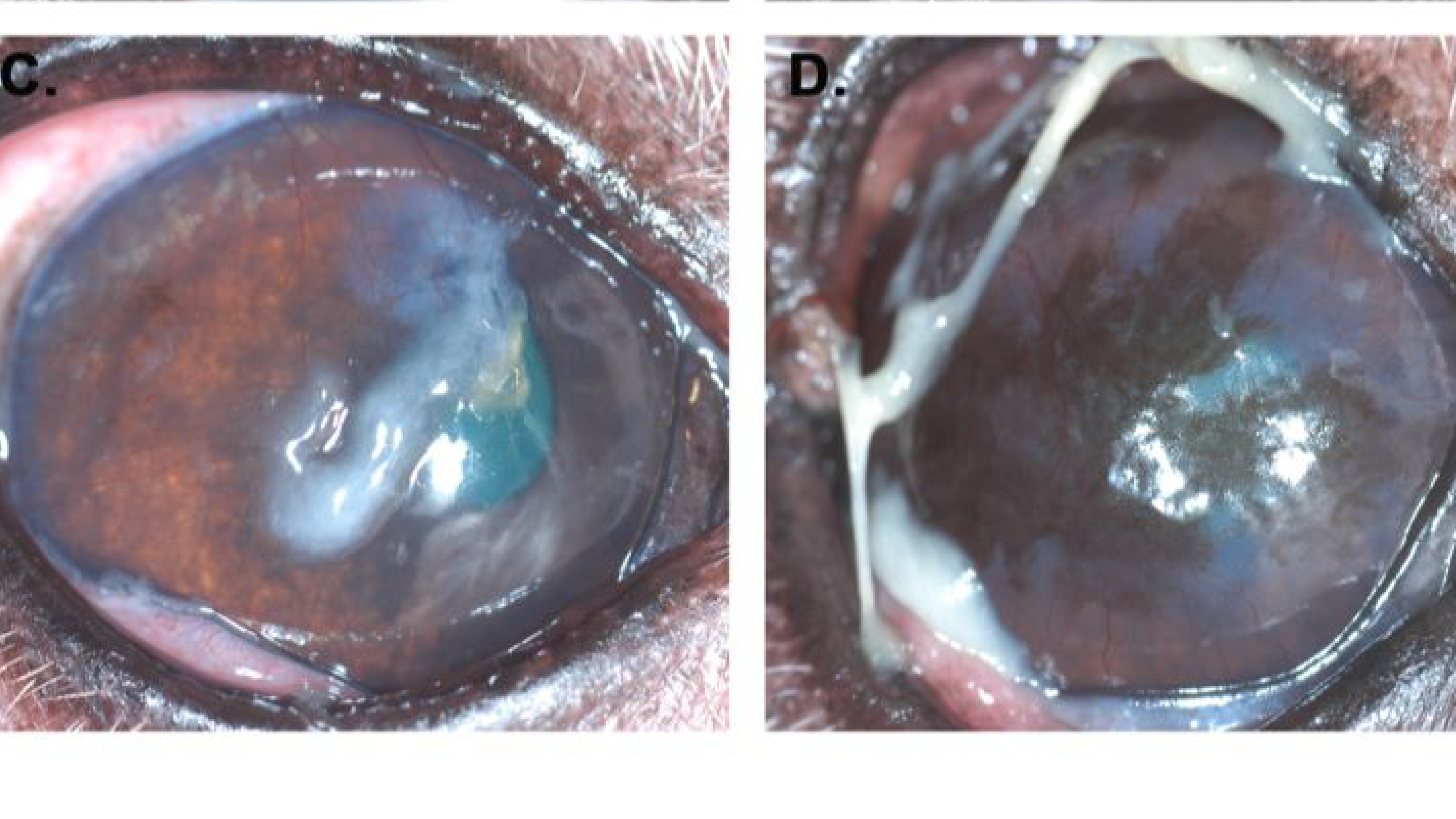
Dry eye disease in dogs as a model of the human disease
This comprehensive assessment of ADDE-affected WHWTs depicts the ocular surface changes associated with quantitative lacrimal gland dysfunction. Importantly, ADDE-affected WHWTs may prove a valuable naturally occurring ADDE model for investigating underlying pathophysiological mechanisms and the development of novel therapeutics.
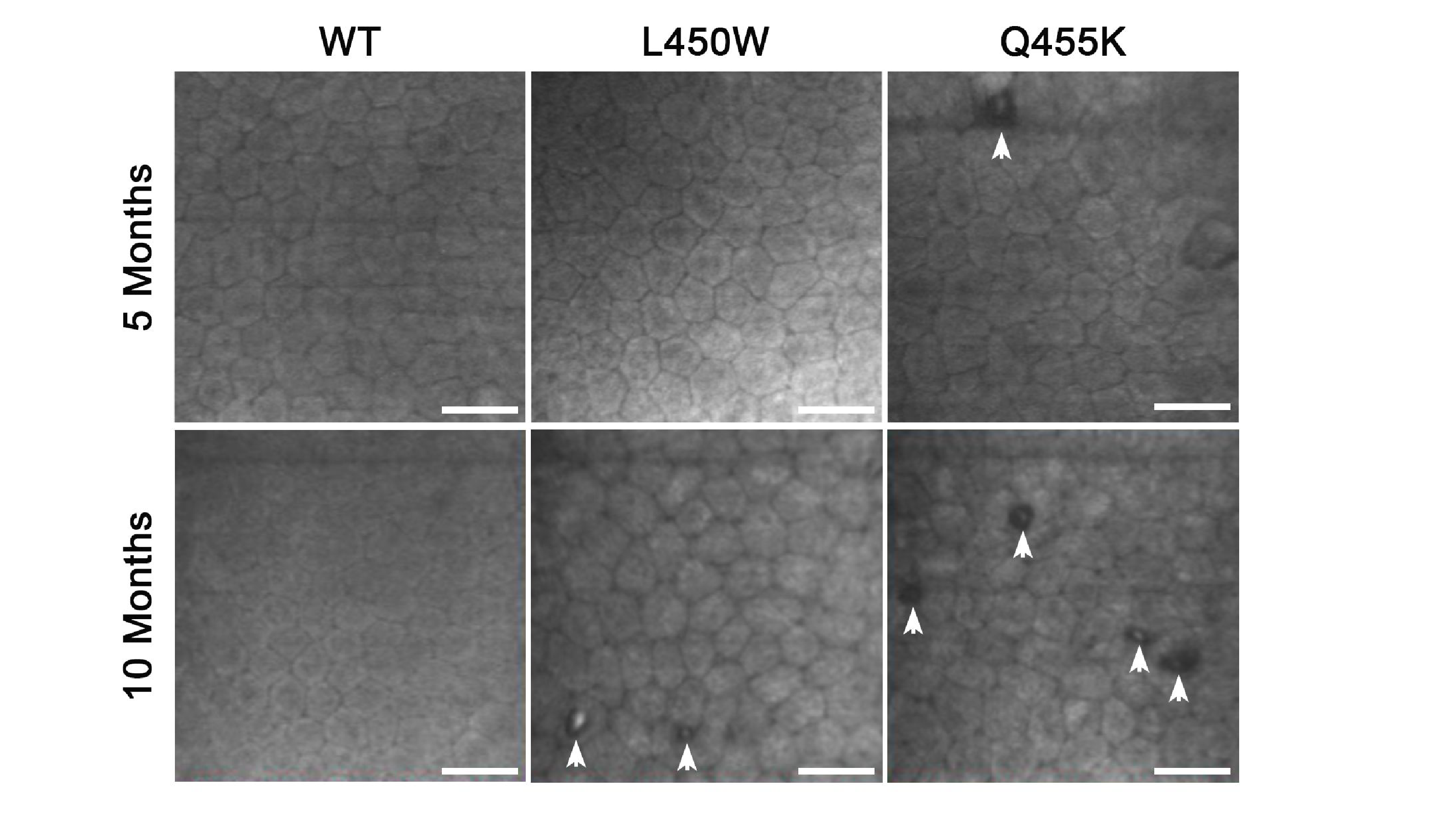
Biomechanical changes to Descemet's membrane precede endothelial loss in a murine model of FECD
These data indicate that alterations in the tissue compliance of DM precede phenotypic changes in endothelial cell count and morphology, and may play a role in onset and progression of FECD.

